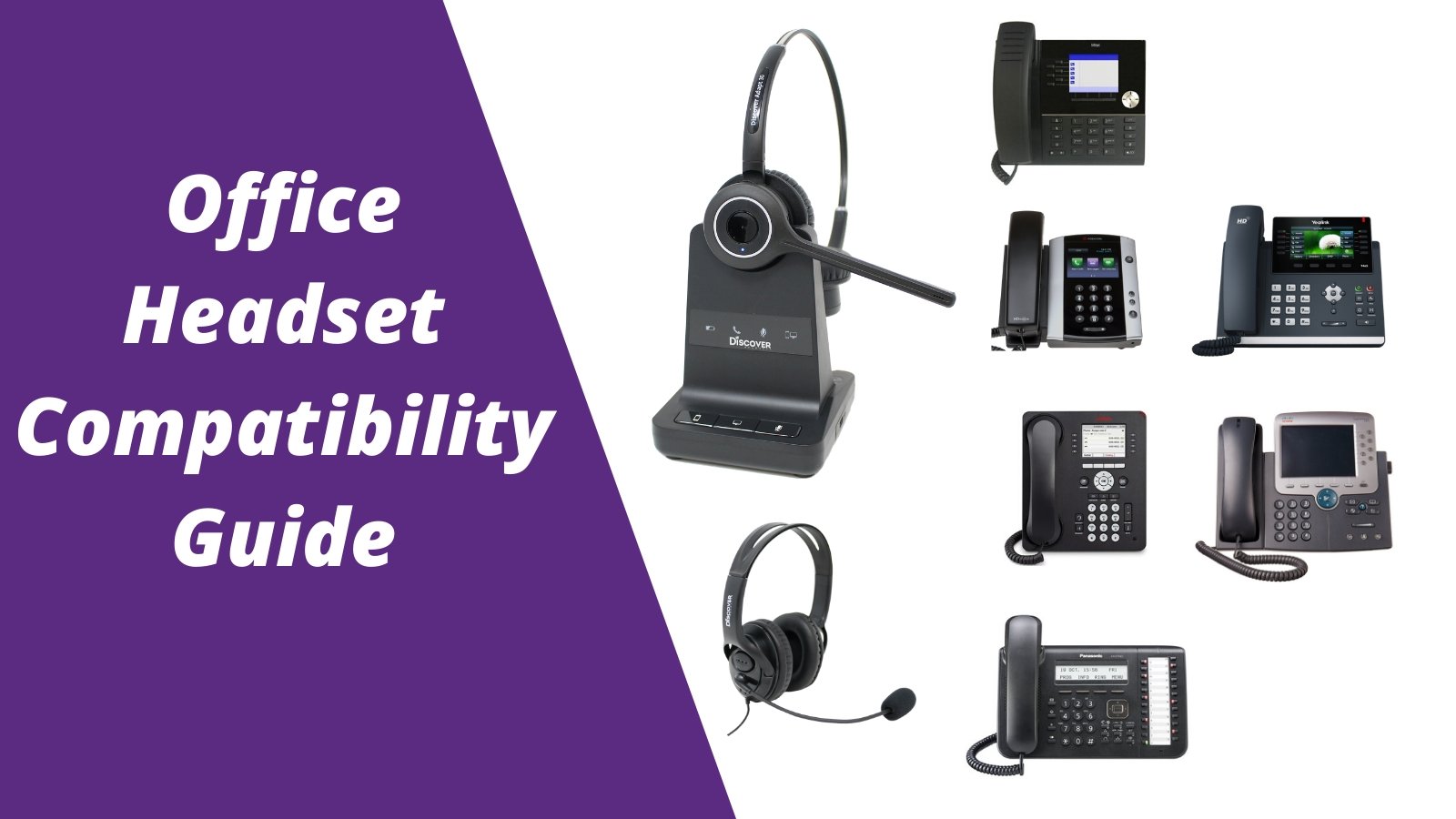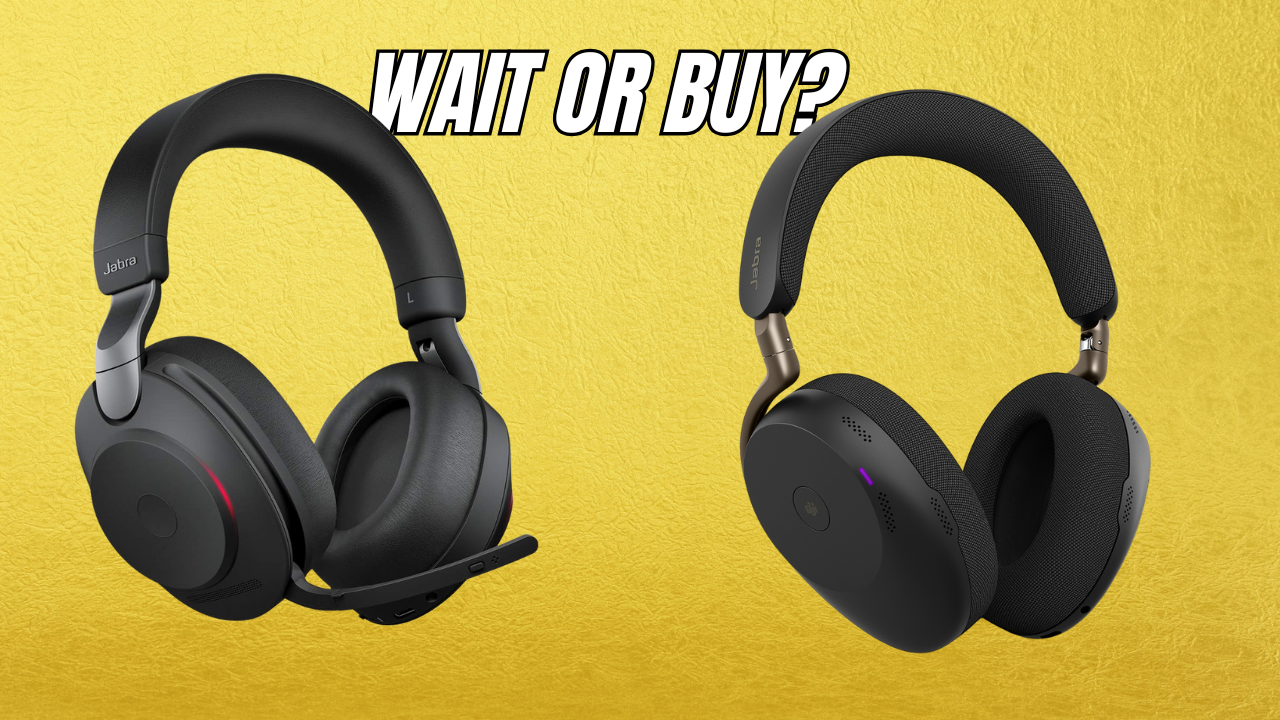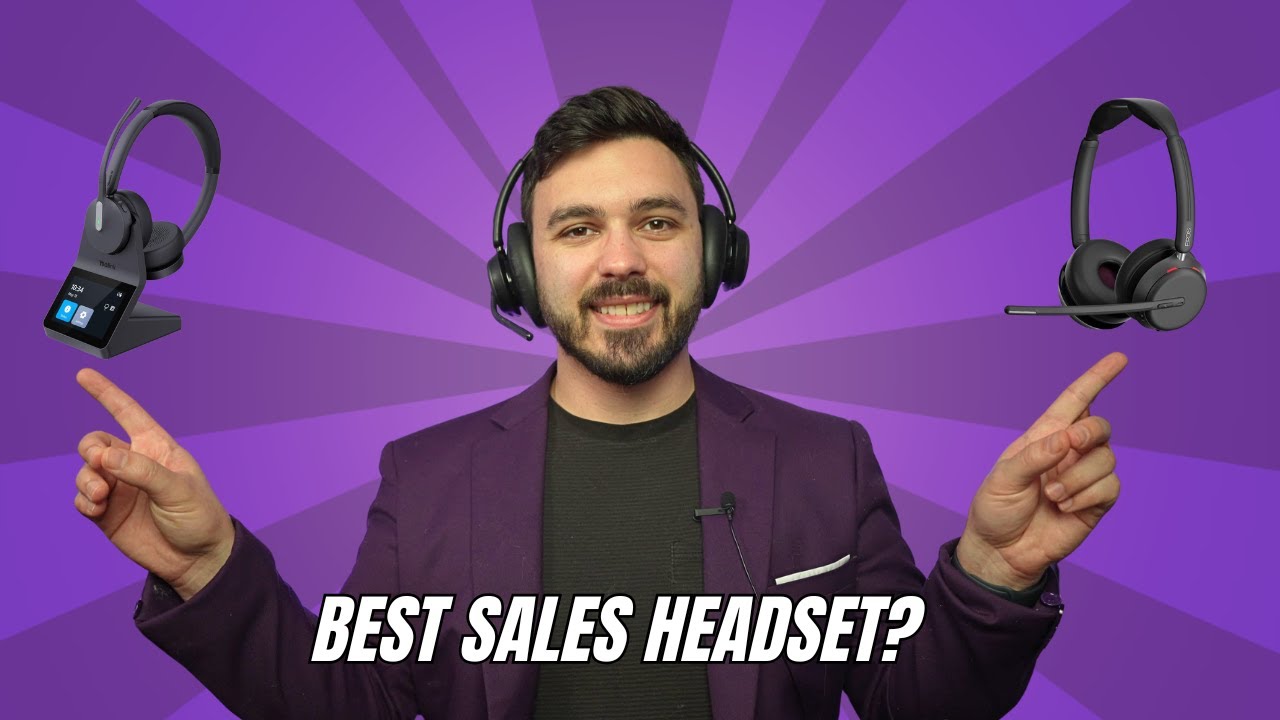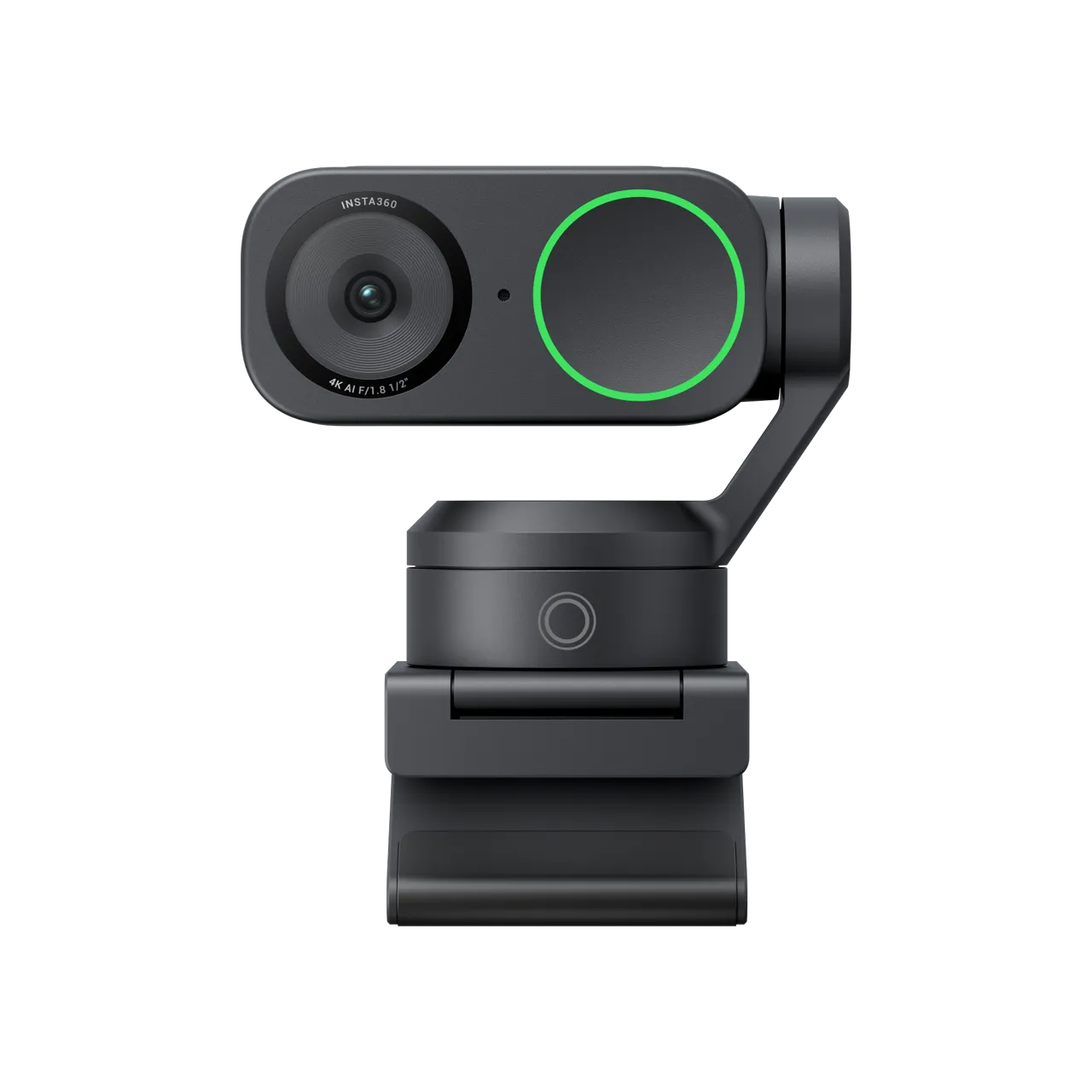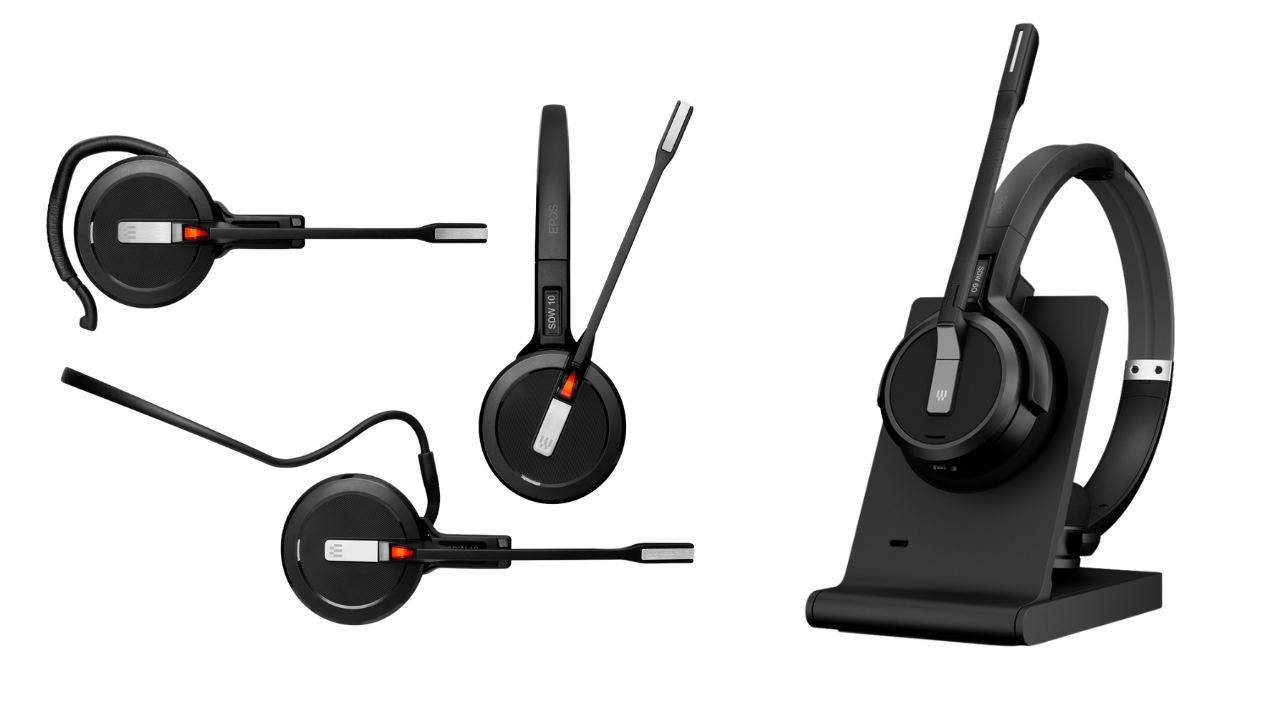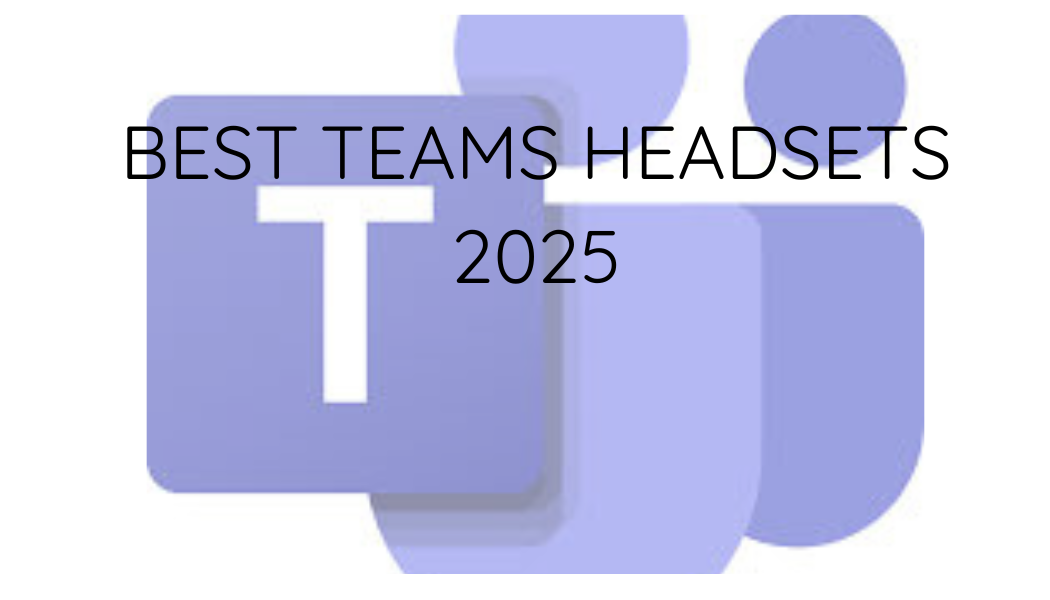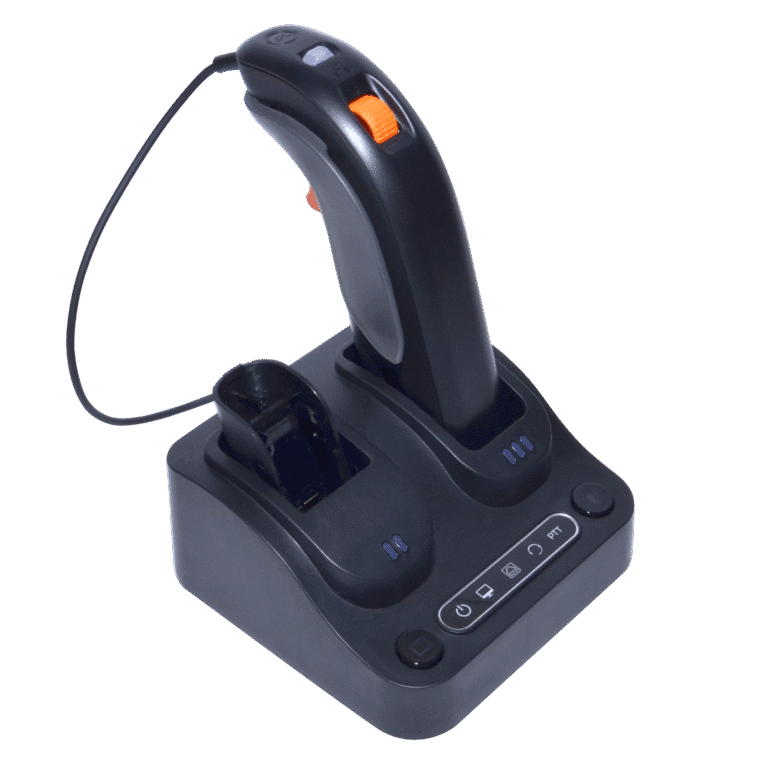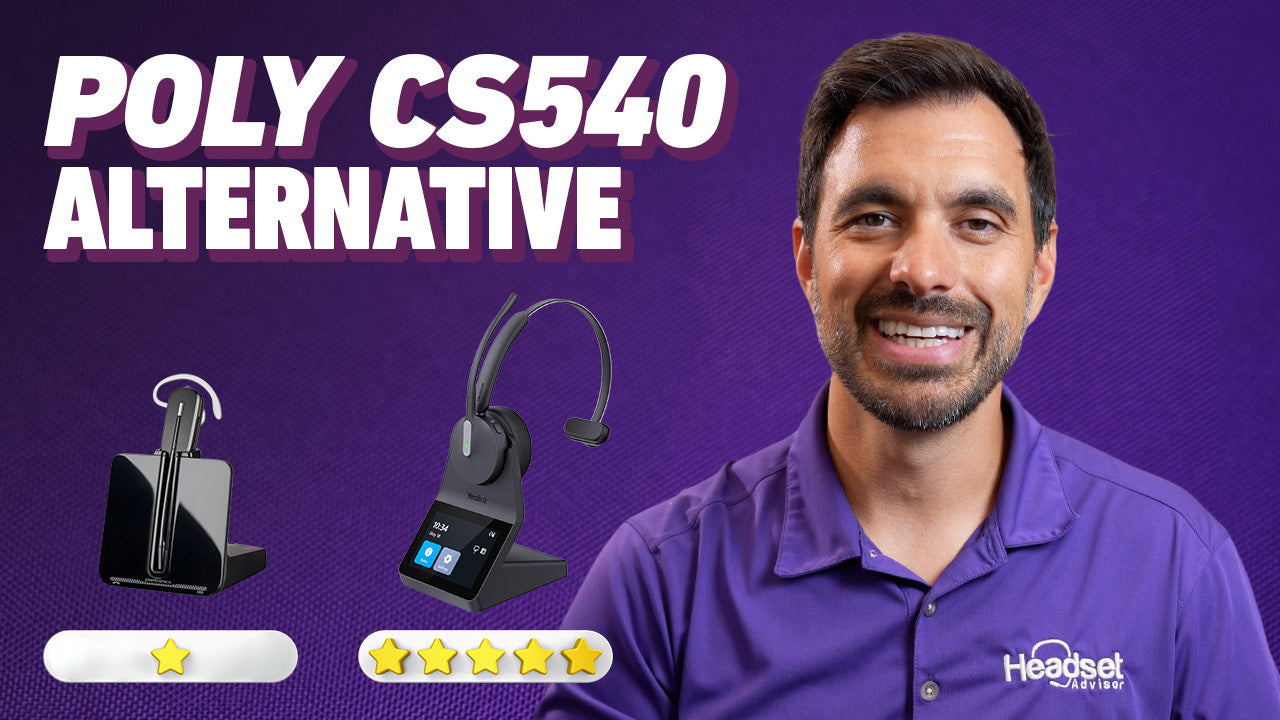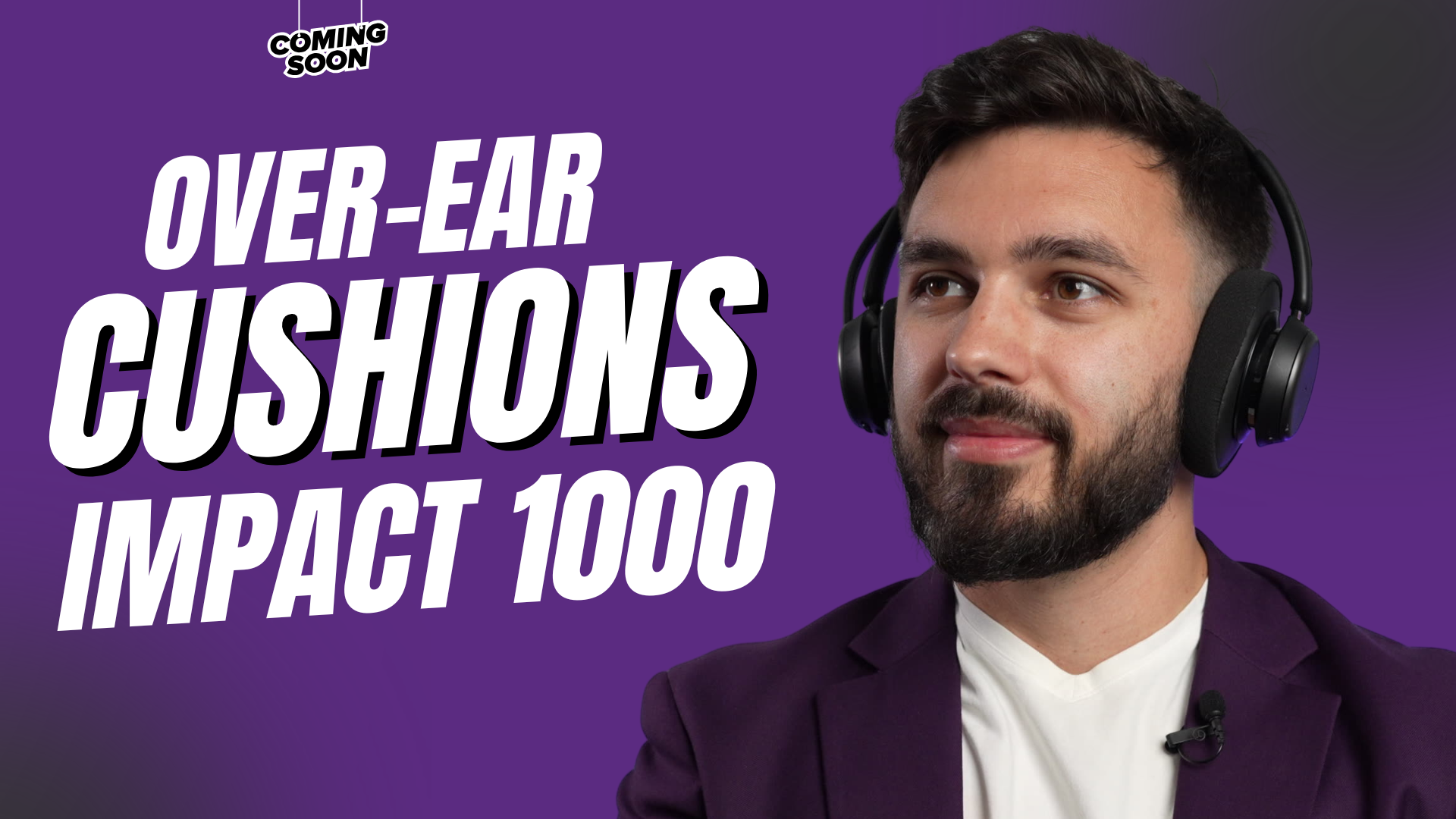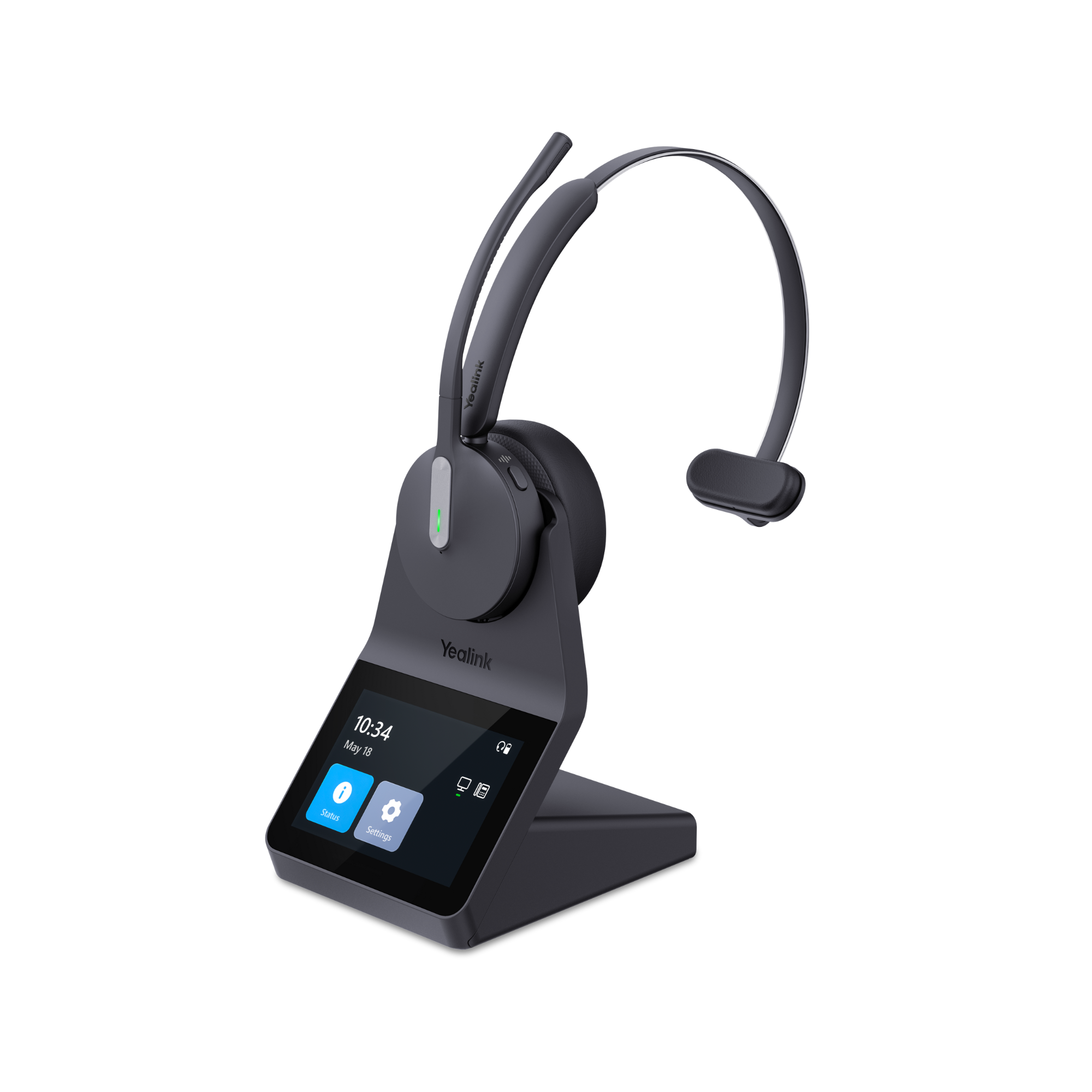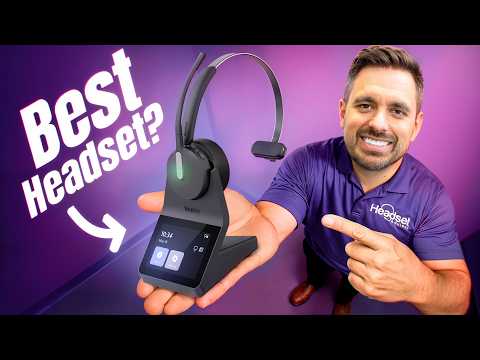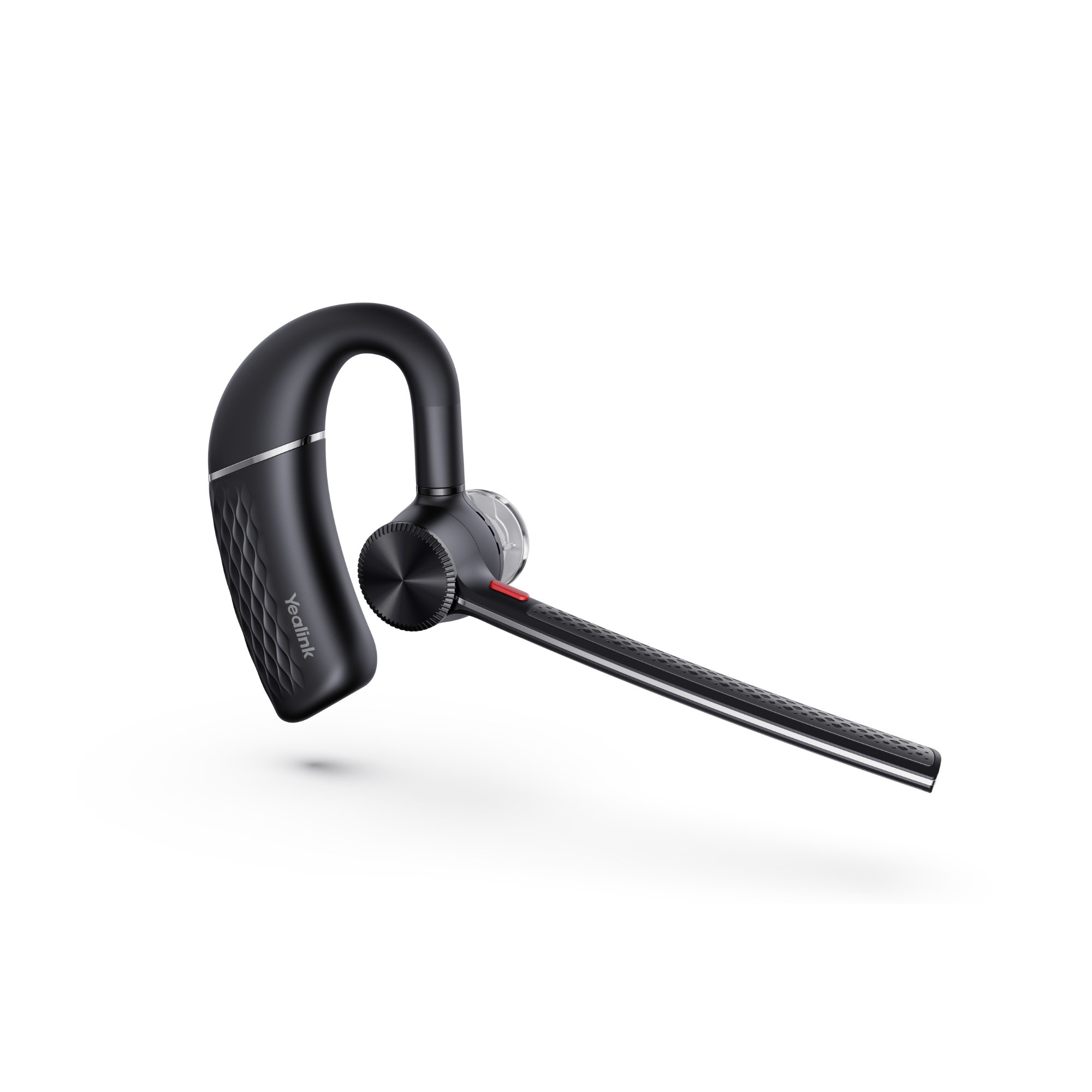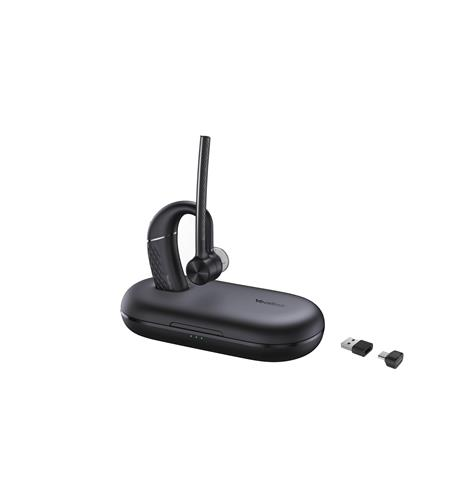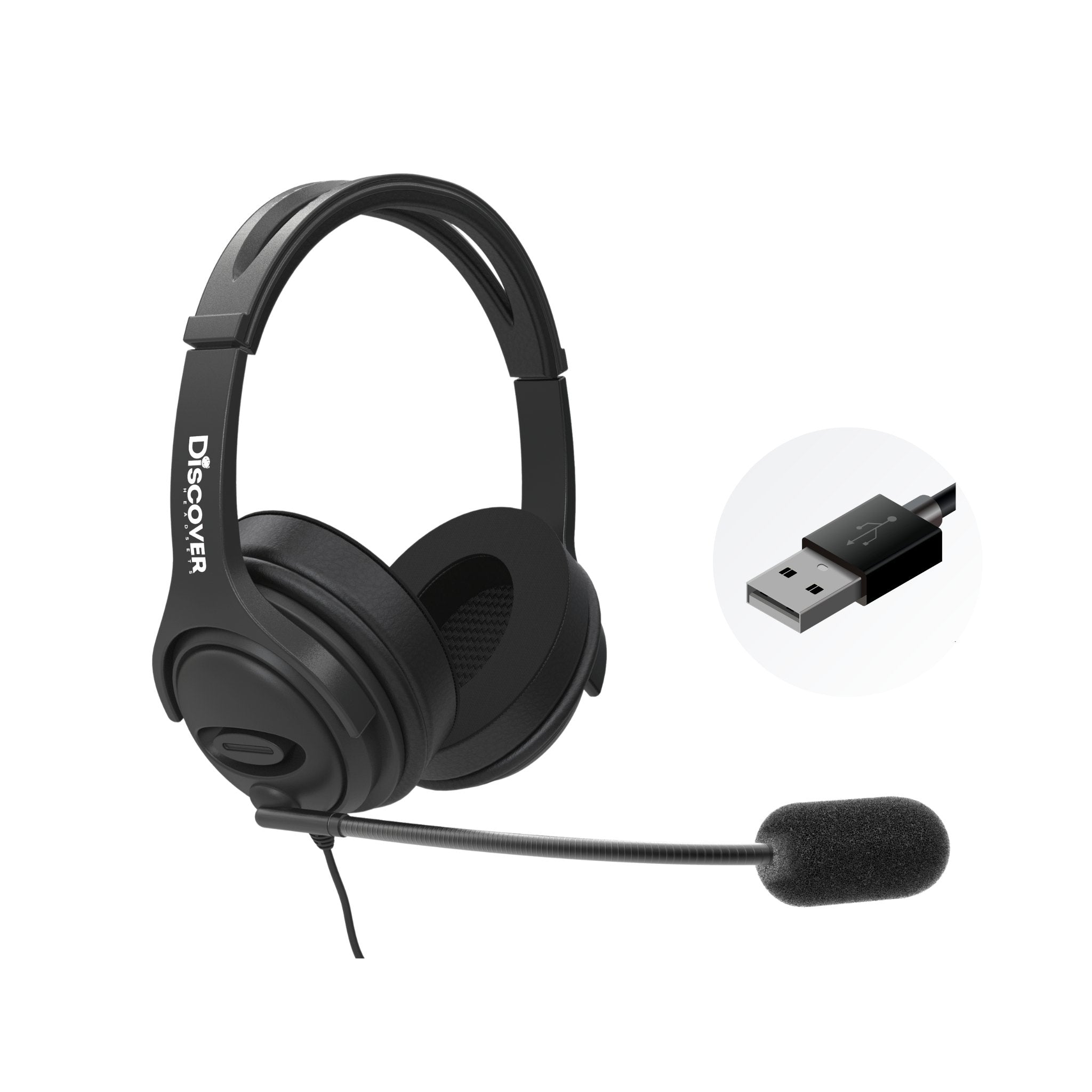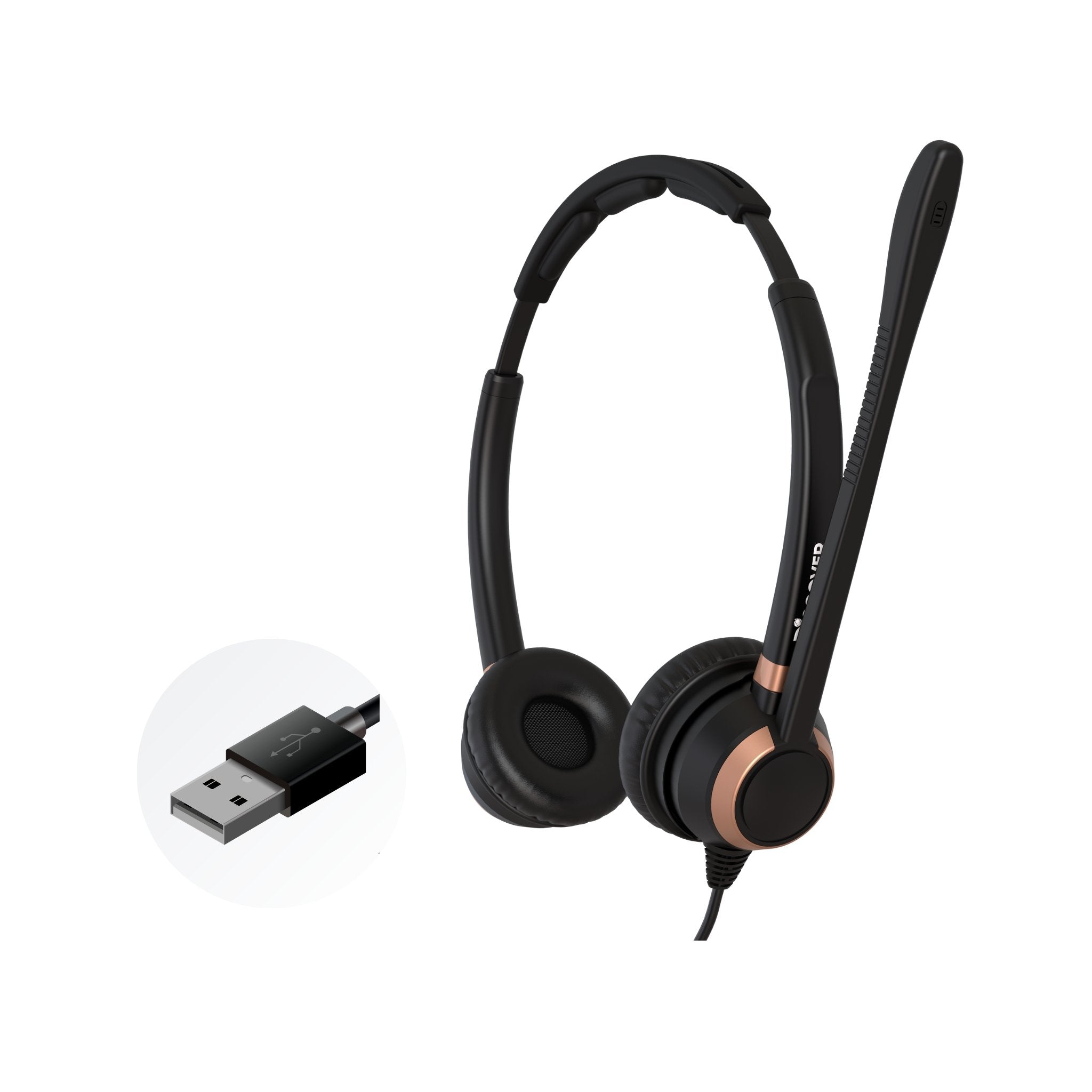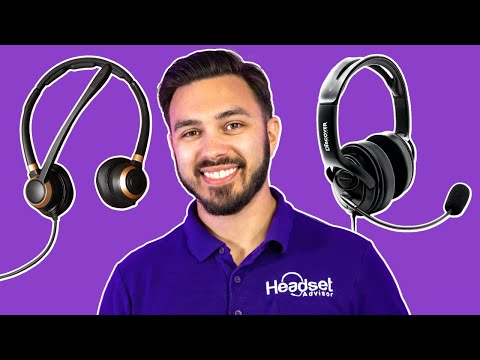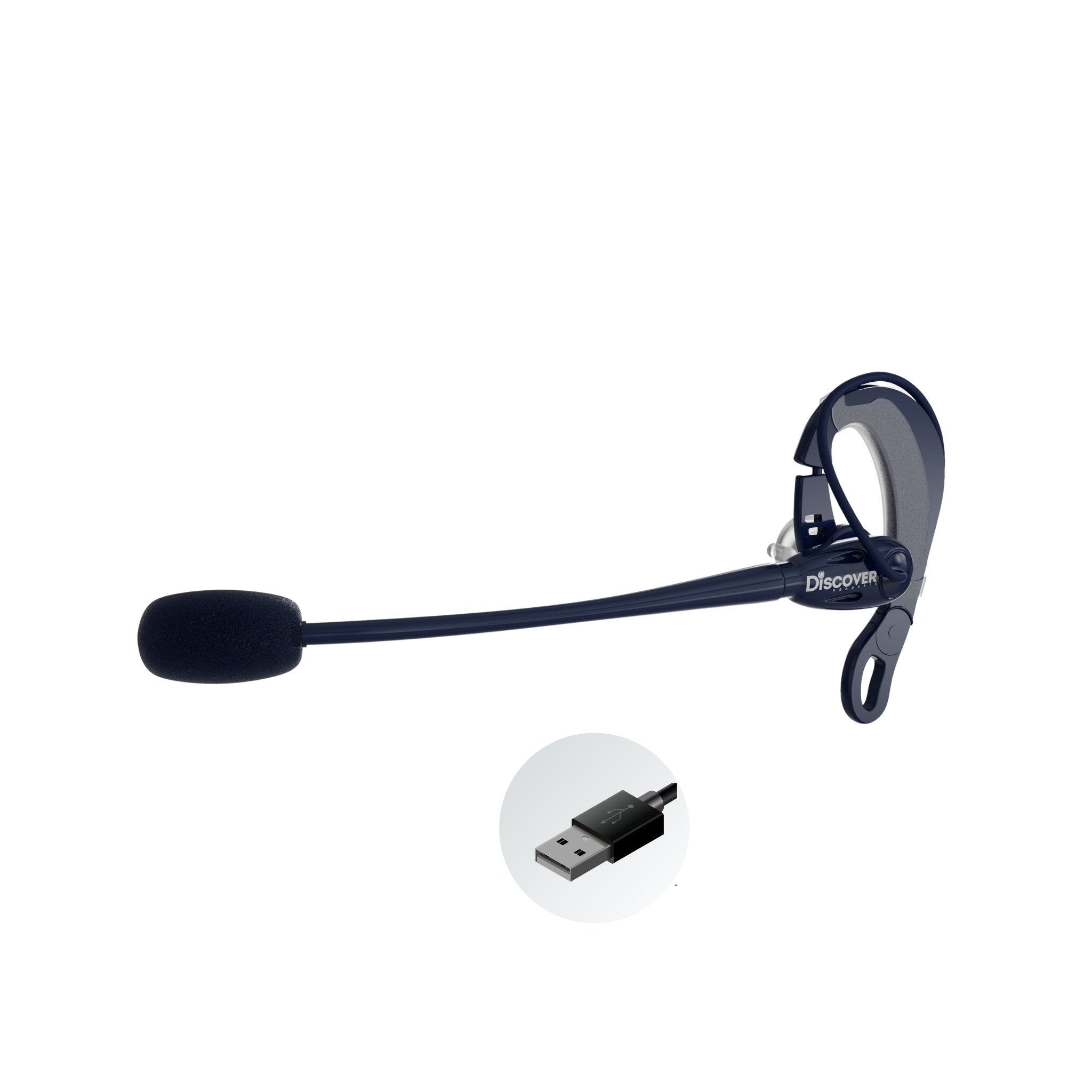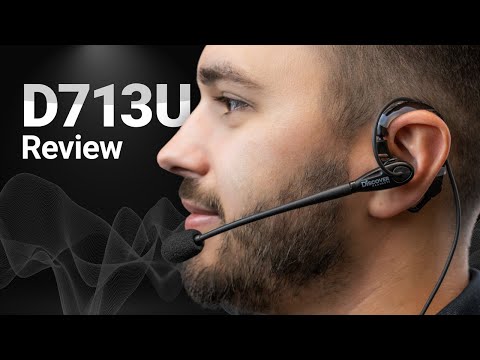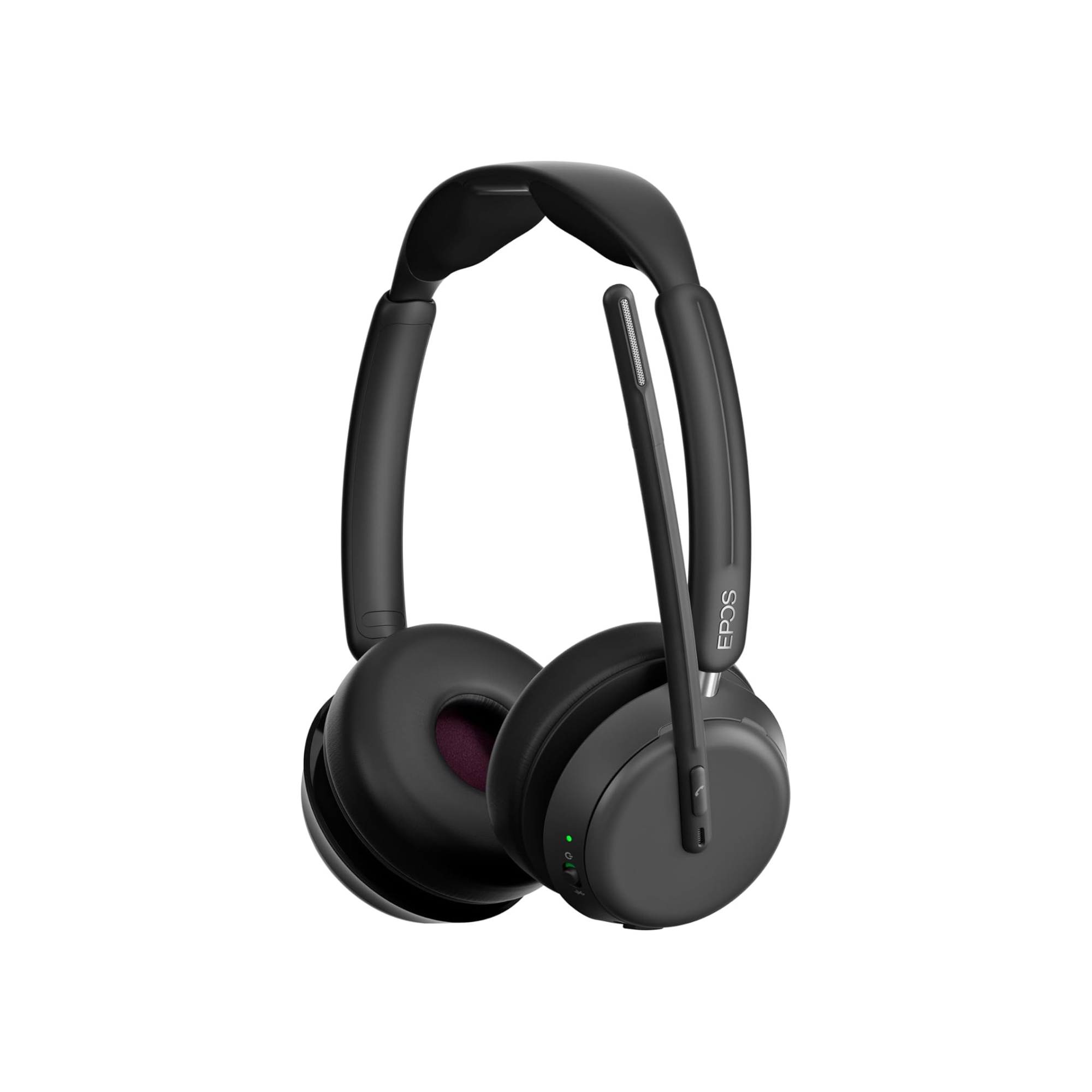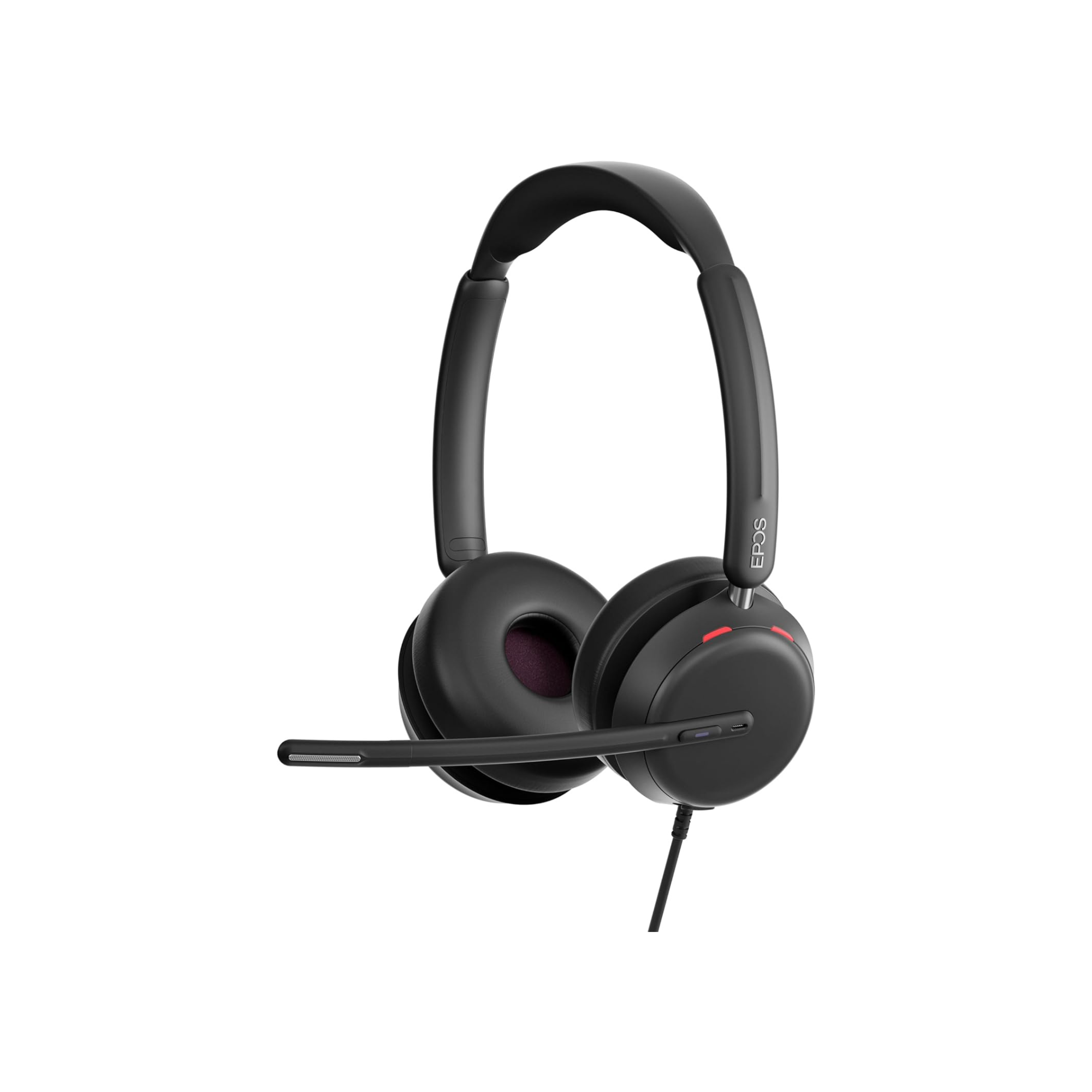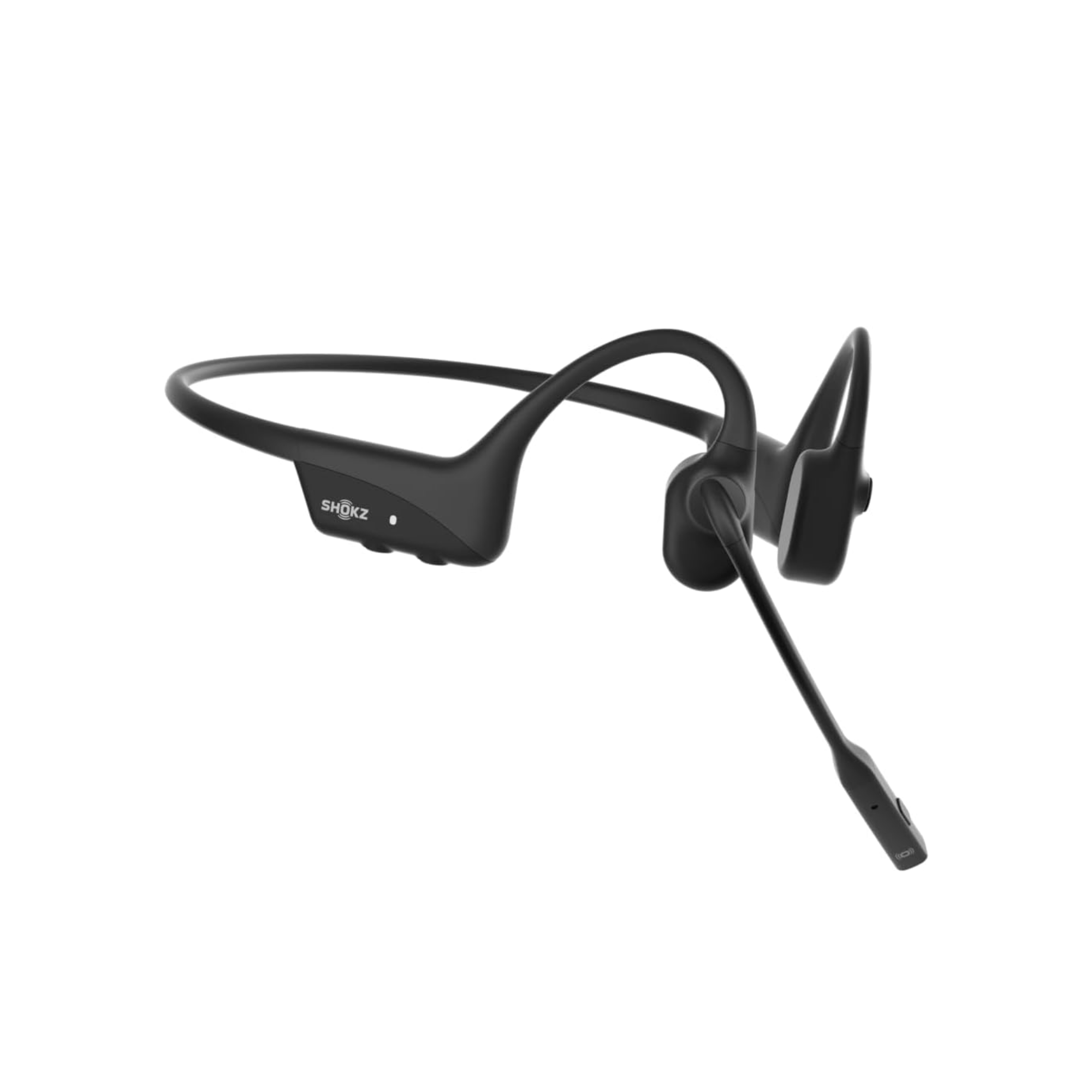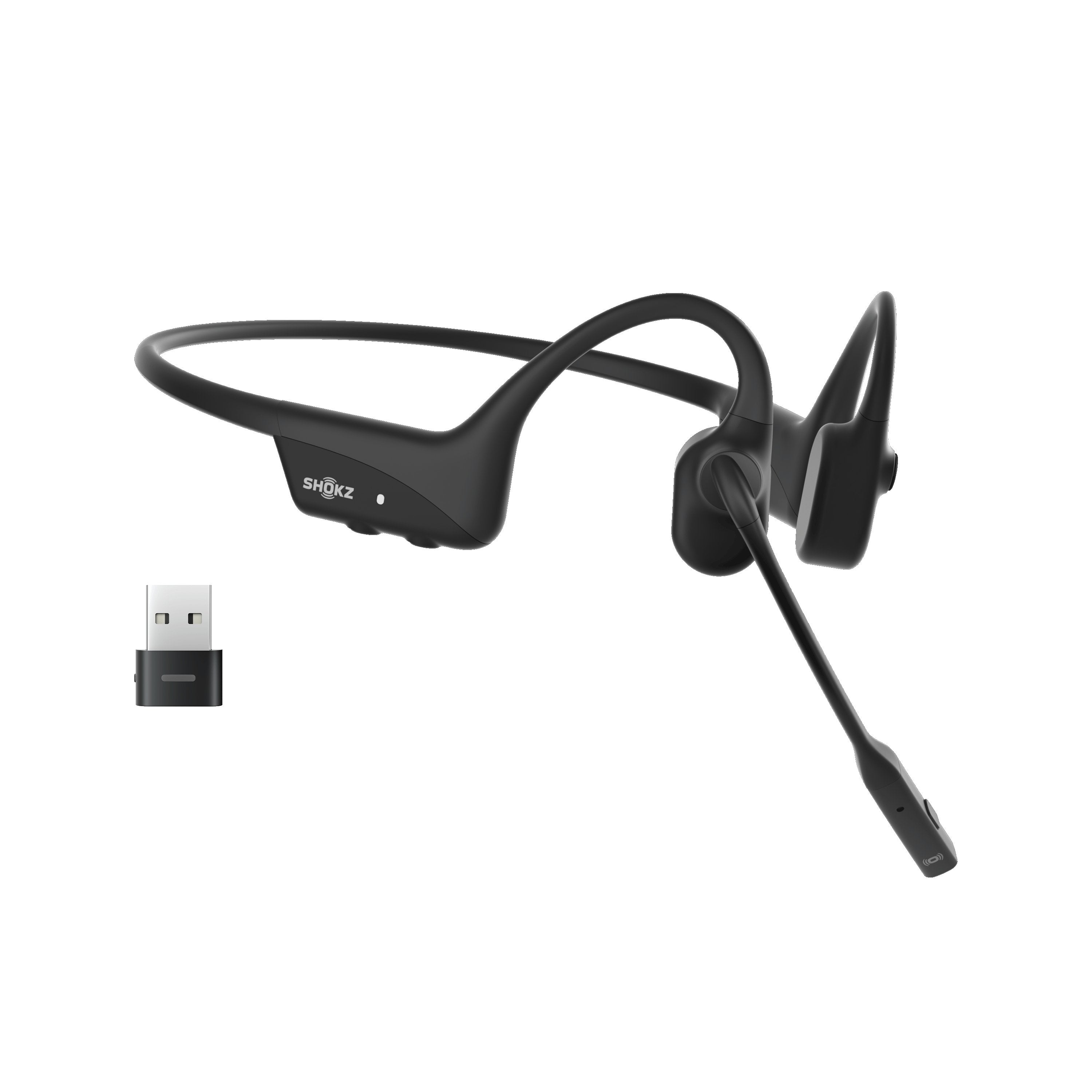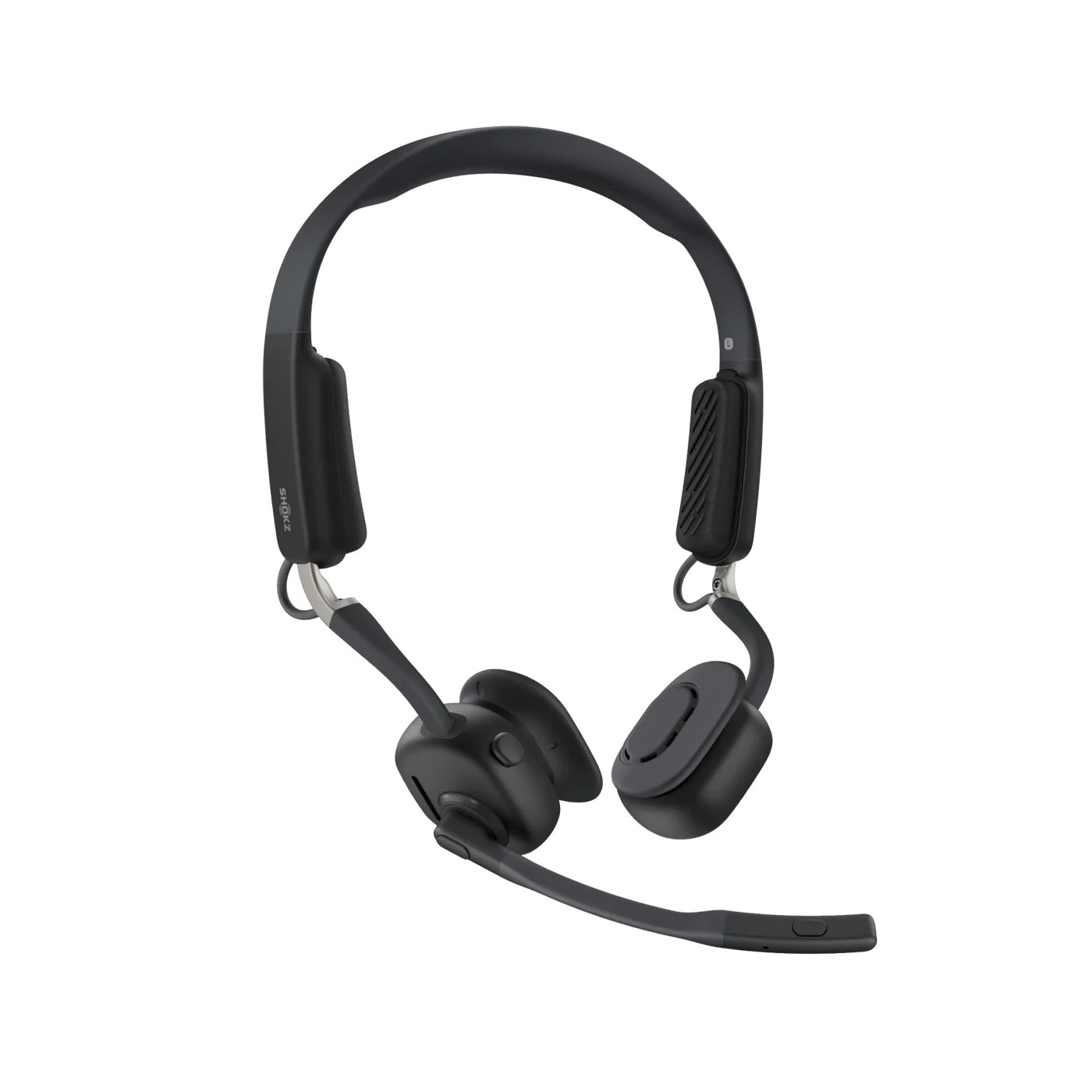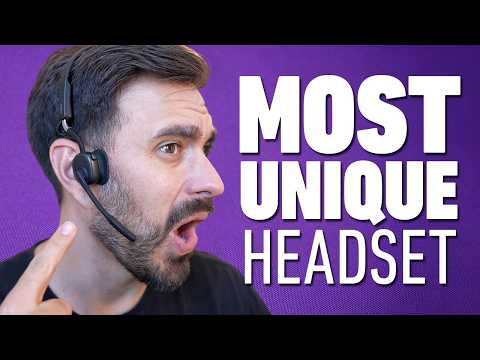If you're on phone calls throughout the day, one of the most useful tools you can use in your office is a business grade headset. With all the different desk phone brands available, it can be challenging knowing which office headset is compatible. Based on the desk phone brand you're using, click either of the links below.
Is your desk phone brand not here? Contact us today and we can verify compatibility for you.
Panasonic Headset Compatibility Guide
Aastra/Mitel Headset Compatibility Guide
Yealink Headset Compatibility Guide
Avaya Headset Compatibility Guide
Cisco Headset Compatibility Guide
Polycom Headset Compatibility Guide
Understanding Headset Terminology
 Quick Disconnect: Out of the box this is the name of the cord that’s on the end of your wired headset that connects to a direct connect cable.
Quick Disconnect: Out of the box this is the name of the cord that’s on the end of your wired headset that connects to a direct connect cable.
RJ9: An RJ9 cord is what plugs directly into your desk phone into the Headset jack of your desk phone.
2.5mm: Typically a 2.5mm connection is on a cordless phone or select corded phones
3.5mm: A 3.5mm connection is what you'd see on a cell phone and some cordless phones *2.5mm and 3.5mm cables look similar but they're different sizes and compatible with different types of devices.
Direct Connect Cable: This cable is required for a wired headset and connects from your quick disconnect wired headset to the headset port of your desk phone, cordless phone or mobile phone (via RJ9, 2.5mm or 3.5mm).
Electronic Hook Switch: Otherwise known as an EHS cable, this accessory connects from a wireless headset charging base to your desk phone. Allowing you to answer/end calls when away from your phone. Highly recommended and added with a wireless headset.
Handset Lifter: Like an EHS cable, a Handset Lifter also allows you to answer/end calls away from the phone, but physically picks up and hangs up your handset.
Headset Amplifier: A headset amplifier connects a wired headset to your corded desk phone and allows you to adjust hearing and microphone volume. Where as a direct connect cable doesn't give you the ability to adjust microphone volume and relies on your desk phone for increasing/decreasing volume. Some phones are not compatible with direct connect cables and a headset amplifier would be required.
Choosing the right wired headset
When choosing a wired headset for your office, there's not one best headset for every user. If you work in a loud office, you'll want to highly consider a headset that covers both ears. If you're in an extremely noisy office, you'll want a headset that fully encloses both ears, so you can zone in on your calls. Other offices that aren't as loud, a single ear headset would be best. At that point, you can choose an over the head or on the ear wearing style to best fit your preferred wearing style.
Wired headsets compared for you to choose: 
Choosing the right wireless headset
Before choosing a wireless office headset, you want to ensure you're choosing a compatible headset. But, you also want to weigh out the pros and cons of the best wireless headsets for you. If you're in a loud office, having a wireless headset that covers both ears and allows you to walk away from the noise would be recommended (Adapt 30).
What customers are saying
"I am using it with an AT&T Bluetooth office phone. I love that I can answer both the landline and my cell phone with this headset and keep working hands free! It works great and I switch between the single & the double headset band depending on how I am wearing my hair that day. (it makes a difference in how well it stays on my head). I will recommend it to anyone who asks me about headsets. I work from home now, and with the range that this headset works in, I can go anywhere in my home and still be connected, (main floor or basement, where my office is, even outside if I don't go too far). I Love it, Thank You"
-June Deschenes
"Great wireless headset for the office. We have several of them in our call center and our team really likes them. We have replaced some name brand headsets and they like the Discover much better. It seems to be more sturdy as well." -Matt Moseley "Wow! That is all I can say about this headset. I don't think I could ever switch back to the Plantronics I was using before. This makes work so much easier. If I need to zone in and focus I use the dual ear headband, and if I need to talk to patients then I use the single ear. Plus, I don't have to worry about anything with the 3 year warranty. This was well worth the money. Plus, you can't beat the customer service! I will be recommending this headset to everyone I know who works with phones. PS: Josh in Customer Service got me up and running in a jiffy, if you need help, ask for him!!"
Read more Amazon customer reviews
Highly Recommended Wireless Headset Accessories
Handset Lifter or EHS cable: Both of these cables enable you the ability to answer/end calls when away from your desk. Depending on the make/model of your phone, will depend if you need the EHS cable or Lifter. This accessory helps you answer calls when away from the phone, so you don't miss calls and have to spend time returning voicemails.
Unified Communications Headsets
If you're not using a desk phone in your office then you may be using a UC application. These days many businesses are switching over to a computer based softphone or using their mobile phone for phone calls and are getting rid of desk phones all together. If you're using a Unified Communications application and have no desk phone, then you'll need a computer or mobile phone headset that's not addressed in this compatibility guide.
Purchase options:
Up front purchase: Purchasing up front you'll own the equipment and be responsible for purchasing out of warranty replacements. If you're on a very strict budget or plan to deploy a larger volume of headsets, purchasing upfront may not be the best option.
- Low upfront costs
- Convenience of easily managing headsets
- Unlimited warranty- you don't have to guess if headsets are in our out of warranty
- Ability to add or subtract headsets
- Month to month, no long term contract
- Never purchase batteries, cushions, headbands ever again

